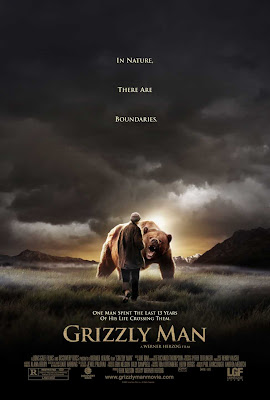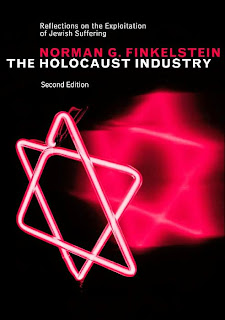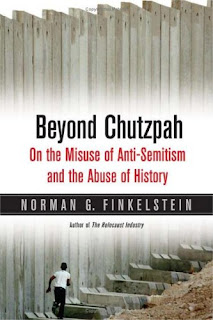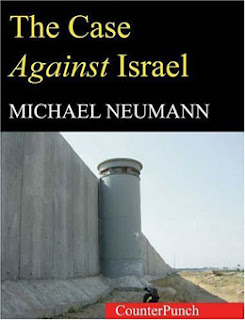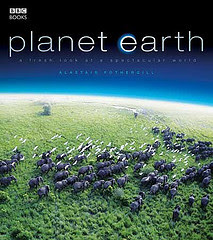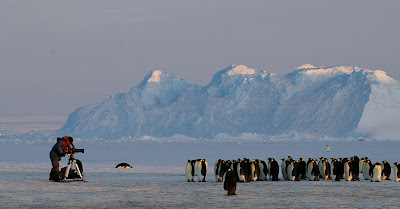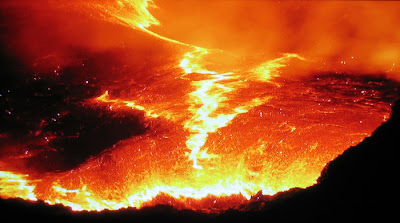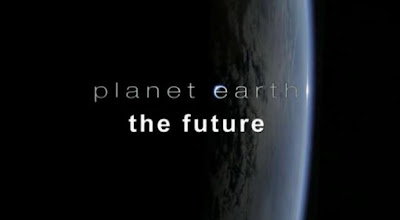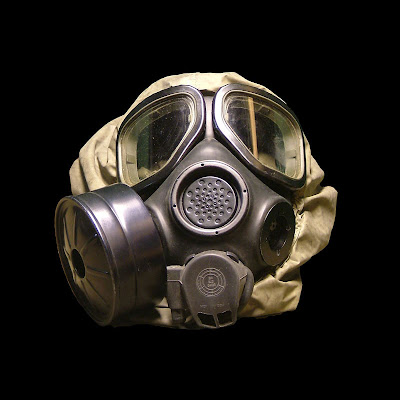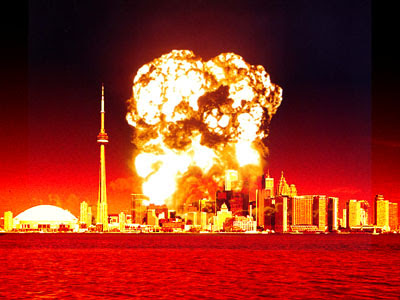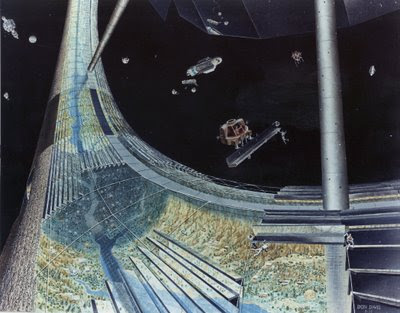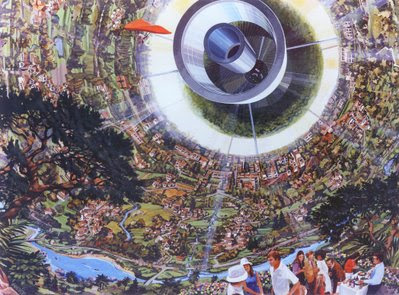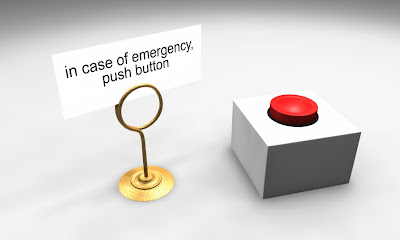>
Photo shot in Sweden, way up north, summer 2006.
Sean Penn’s latest feat, the beautiful and astonishing film Into The Wild, really gets your mind going. In itself the movie might not be that amazing in what it shows (even though there are some truly breathcatching scenes revealing Mother Nature in her true majestic pride) – it’s what the film plants in your mind that’s the most interesting aspect, I think. But in a way, there’s nothing new here. People have always broken up from their daily lives and sought out a more meaningful existence. I guess it happens everyday, with the exception that most of us who have those wild ideas of living alone in the middle of nowhere never turn those ideas into reality…

Based on the book Into The Wild by Jon Krakauer the film tells the true story of Christopher McCandless, a young gifted university graduate who leaves everything behind (parents, sibling, friends, money) to live alone in the Alaskan wilderness. This is his reality and this is his choice – as opposed to enduring the Spectacle, a consuming reality chosen by others. Freedom and moral inquiry are the keywords here, and Chris was widely influenced by the works of Henry David Thoreau, Jack London and Leo Tolstoy – like so many others before and after him. Hell, I’m reading Thoreau every now and then and every time I start to think about life in a cabin besides a pond in a forest unknown, where I can read, write, walk, listen and explore my freedom. I guess everybody have those thoughts when reading that book.
However, I’m so deeply rooted in the consumer’s society I probably wouldn’t make it through the first night, but I’ve made some choices that will sort of pave way for a more genuine life style a couple of years ahead. That’s my great plan anyway.
After having rented shitty apartments in shitty neighbourhoods and shared flats with friends for over eight years (which was kind of hell for me at times, since I enjoy being alone, not having to socialize and attend their parties) I decided to get my very own place. When the opportunity arose – money! – I bought an apartment in an area which suited me perfect. It’s close to the city, but it’s got all the nature you could ask for and that’s a good start when slowly trying to get away…
Also, I quit a lot of things which mostly brought me headaches. I quit doing the film club, I quit my stupid job and got another one which is awesome. Recently, even though my job is awesome, I decided to cut one day so now I work four days a week instead of five to be able to do more reading, writing and the stuff that really matters to me. I quit a lot of other shit as well, just time consuming mindless crap that I could do without. A visit to the Northern parts of Sweden living the life I’m seeking for five days also made it very clear to me that that’s the way one should live. I want to devote more time to reading, writing and exploring, preferably in an environment where I can live and dwell alone.
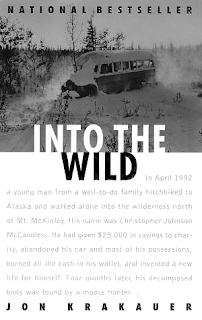
All this, in conjunction with the film and the books I’m reading, naturally makes me think a lot. It raises a lot of questions. Is breaking away from humanity the same as escaping from reality? Is it taking the easy way out, escaping all the problems? The ultimate egoism? Well, since I have no hope for humanity, and truly believe in a dark, sterile, dead future, why should I care about others? Well I do, because I’m a humanist as well. A misanthropic humanist. Wow…
But I guess it’s my way of dealing with reality; to be creative, dynamic and to constantly develop and nurture new “skills” and ways of thinking. To do that, one certainly needs time alone.
But hey, looking at how deeply rooted I am in this consumer’s society it’ll probably take me another thirty years to get my cabin and pond. Still, that’s what I’m hoping for. I’ll have to learn to cook first, though.
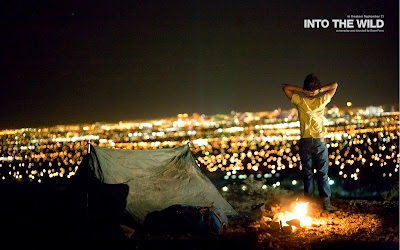
In an upcoming article I’ll hopefully relate all this to Spengler and modernity. Meanwhile, in case you missed, here’s some stuff I wrote earlier that kind of connects with these issues:
Living with the dying
Oswald Spengler – The Decline of Cultures
Här finns inget varaktigt och allmängiltigt (about Spengler in Swedish)
Great movies of the 80’s: Threads
Society’s sickness
Situationism – Part 1
Situationism – Part 2
Situationism – Part 3
Planet Earth and misanthropy
The art of psychogeography
Relevant blogs:
Oskorei
Fimbulvinter
To buy the best swedish translation of Thoreau’s Walden, click here for more info.
And to watch another great movie, check out Grizzly Man.
